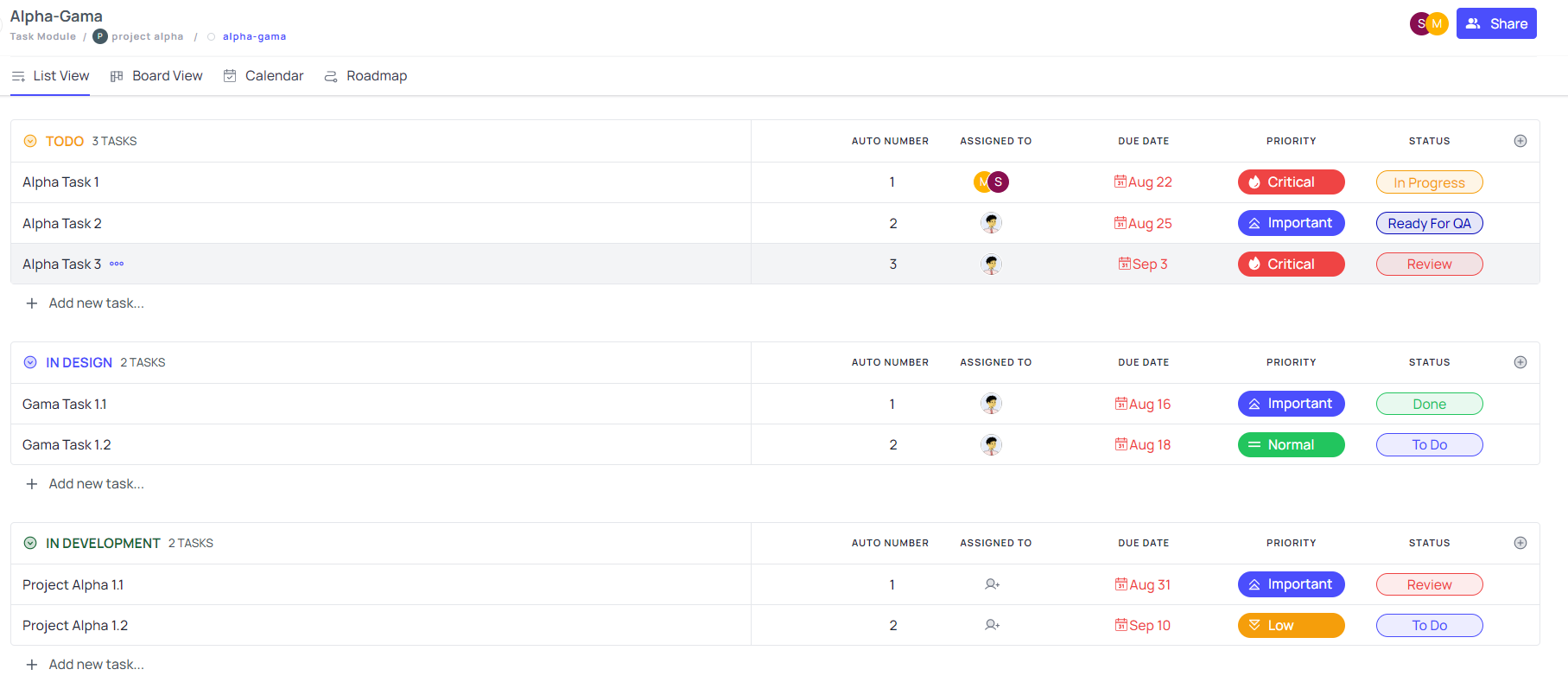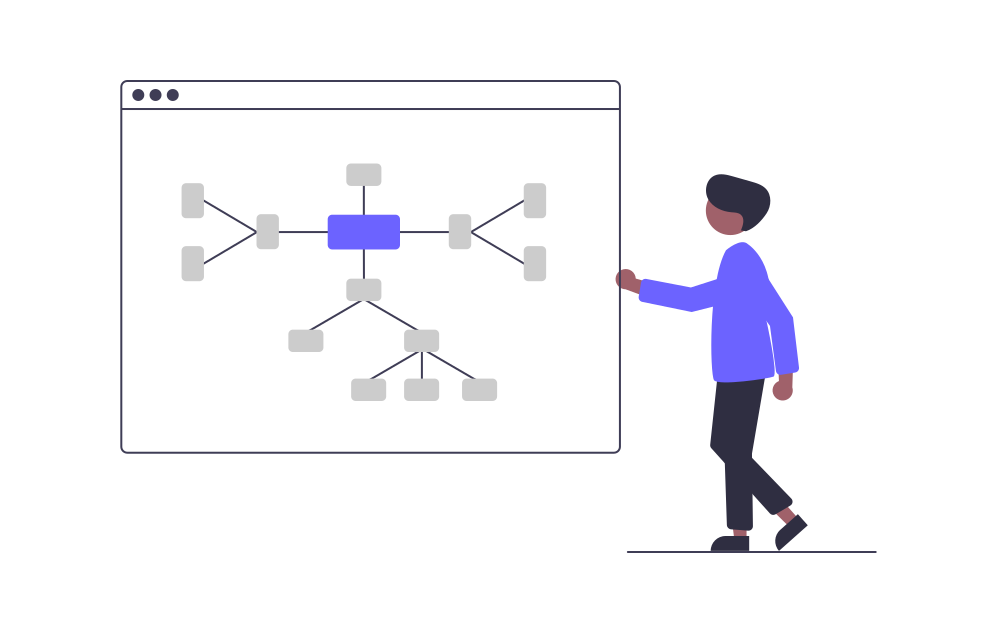With the divergence of industries, the demand of skills are also changing. People are more interested in being trendy and focused on skills that will help them succeed even after 5-6 years.
Throughout the years, project managers maintain certain types of techniques to manage projects. But with the adoption of new technology or consumer trends, mainstream systems in the project management are getting challenged to be optimized.
As of September 2023, various job and recruiting sites have indicated that the average income range for an IT project manager is between $90,000 and $120,000. It almost proves how highly demanding project managers’ jobs have become.
So, knowing the steps to become a project manager in 2024 is crucial for starting a career in the project management field.
How to become a project manager in 2024
To become a project manager there are many things you need to know. You need to educate yourself, develop skills, have certifications, and all. Even hands on experience in some organizations also can help you to become a project manager. Since there are a lot of things let’s get started with some of the basic things you need to achieve to become a project manager.
Key skills to become a project manager:
Whenever you try to land a job, you just shouldn’t become what the title says. You must become the best. As a part of it, there are some soft skills needed as a project manager that can make you stand out from regular project managers.
What can be those?
Let’s dive into it:
1. Communication:
A project manager needs to communicate project objectives clearly to the team. This involves articulating the project’s vision, goals, and expectations. Effective communication also means actively listening to team members’ concerns and providing timely feedback. For instance, during a project kickoff meeting, a project manager should ensure that all team members understand their roles and responsibilities, fostering a shared understanding of the project’s mission.

2. Leadership:
Leadership in project management involves inspiring and guiding the team toward success. An effective project manager leads by example, demonstrating commitment and enthusiasm. For instance, during a challenging phase of the project, a project manager can motivate the team by acknowledging individual contributions, providing constructive feedback, and maintaining a positive outlook. Leadership also entails making tough decisions when required, ensuring the project stays on course.
3. Organization:
Strong organizational skills are crucial in managing project timelines, resources, and tasks. A project manager must develop a detailed project plan outlining milestones, deadlines, and dependencies. For example, using project management tools like Gantt charts or Kanban boards helps visualize project progress and ensures that each team member understands their specific responsibilities. The organization extends to effective time management, ensuring that the project stays on schedule and within budget.
4. Problem Solving:
Project managers encounter unexpected challenges that require swift and effective problem-solving. For instance, if a key team member resigns unexpectedly, the project manager needs to quickly assess the impact on project timelines and allocate resources accordingly. Developing contingency plans, brainstorming alternative solutions, and seeking input from the team are essential problem-solving strategies. Being proactive in addressing issues ensures the project stays resilient and adaptable in the face of challenges.
Want to know about more Project Management Skills?
Education & Certifications in Project Management:
To become a project manager a common question can be which educational degree you need to become a project manager. Well, it depends. Sometimes a student from an engineering background also can become a project manager. But in the majority of jobs, a minimum bachelor’s degree is required.

Apart from that there are some project management courses, that show your project management skills and heavily influence your capability as a project manager.
Some of the project management courses that can develop your skills as a project manager are:
1. Project Management Professional (PMP):
Offered by the Project Management Institute (PMI), the PMP certification is one of the most widely recognized and respected certifications in project management. It is ideal for those with significant project management experience.
2. Certified ScrumMaster (CSM):
Offered by the Scrum Alliance, the CSM certification is for those interested in Agile project management and Scrum methodology. It’s beneficial for individuals working in software development and IT.
3. Agile Certified Practitioner (PMI-ACP):
Also from PMI, the PMI-ACP certification is for professionals with experience in Agile methodologies. It covers a broad range of Agile approaches, including Scrum, Kanban, and Lean.
4. CompTIA Project+:
This is a vendor-neutral certification that covers the entire project life cycle. It’s suitable for entry-level project managers or those looking to gain a foundational understanding of project management.
5. Certification in Risk Management Assurance (CRMA):
Offered by the Institute of Internal Auditors (IIA), CRMA is for professionals who want to specialize in risk management, which is a crucial aspect of project management.
6. Certification for Earned Value Management (EVMP):
This certification focuses on earned value management, a technique used for measuring project performance. It’s beneficial for those involved in cost and schedule management.
On those websites, you will find detailed information about project management certifications and how to get those.
What more you can do to become a successful project manager:
Networking:
Networking in project management involves actively participating in industry events and conferences, where professionals gather to discuss trends, challenges, and innovations. Attending these events provides an opportunity to engage with peers, share experiences, and stay updated on the latest industry practices. Additionally, joining professional associations related to project management, such as the Project Management Institute (PMI) or industry-specific groups, offers a platform to connect with like-minded professionals. Networking within these associations opens doors to valuable insights, potential job opportunities, and the chance to establish mentor-mentee relationships. Building a robust professional network in the project management field enhances career growth and fosters a supportive community for ongoing learning and development.
Build a Portfolio:
Building a project management portfolio involves showcasing your expertise and achievements in a structured manner. Include detailed descriptions of successful projects you’ve managed, emphasizing your specific role and responsibilities. Highlight the outcomes and impact of each project, such as meeting or exceeding goals, staying within budget, or improving processes. Incorporate any relevant metrics or key performance indicators to quantify your contributions. A well-crafted portfolio serves as a tangible representation of your skills and accomplishments, providing potential employers with a clear understanding of your project management capabilities and the value you bring to the table.
Choosing the right project management tools:
Choosing the right project management tool is crucial for efficiency and success. Project managers should start by assessing the specific needs of their team and project. Consider team size, project complexity, collaboration requirements, and budget constraints.
For example, in Tixio you can use a task module to track tasks and progress of your designer to developers everyone. Within Tixio you will find a wiki for documentation, a chat feature for communicating with your team members.

Simply collaboration can be easier with Tixio in a very affordable way. If you are starting your career as a project manager .
Evaluate tools that align with your preferred project management methodology, whether it’s Agile, Scrum, or traditional Waterfall. Take advantage of trial versions or demos to ensure the tool’s usability and compatibility with your team’s workflow.
Overall in 2024 project management jobs will play a crucial role in every industry. Developing and working from the very new beginning of the year can take you a long way to becoming a successful project manager.

















